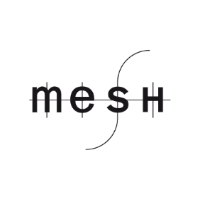Thursday (April 11, 2024 – July 18, 2024) | 12.00 – 13.30
Universitätsstraße 37, Seminargebäude (106) Seminar Room S23
This course explores fundamental debates and current issues at the intersection of economics and society from an anthropological perspective. Questions addressed in this course include: In what diverse ways do people secure their livelihoods and basic necessities? What role do values, norms, and symbols play in economic activities? To what extent do global processes affect everyday economic life? How can ethnographic insights help us envision and create economic alternatives for the future?
We begin by examining economic anthropology and its interaction with conventional economic theories. We will then explore classic topics of giving, taking, and exchanging in economic anthropology, especially considering issues of inequality and reciprocity. We will deepen our understanding of “human economies” and how economic processes, from production to consumption, create not only things but also people and their values. We trace anthropological engagements with the “world economy” in global context, both historically and in the present. Throughout the course and particularly in the final weeks, students will be encouraged to discuss “economic alternatives” for the future based on their ethnographic insights.
In this course, students will develop the ability to follow and question economic debates through grounded ethnographic critique. They will also gain an understanding of various theoretical approaches in economic anthropology. By analysing ethnographic case studies, students will learn why certain concepts and processes are particularly crucial to the sub-field, and understand how they interconnect with related disciplines and global transformations. By engaging with classic texts and contemporary ethnographies, students will connect anthropological insights with current debates and future challenges. As a result, students will learn to apply theoretical insights to concrete life situations.
Further information for students of the University of Cologne: Klips
